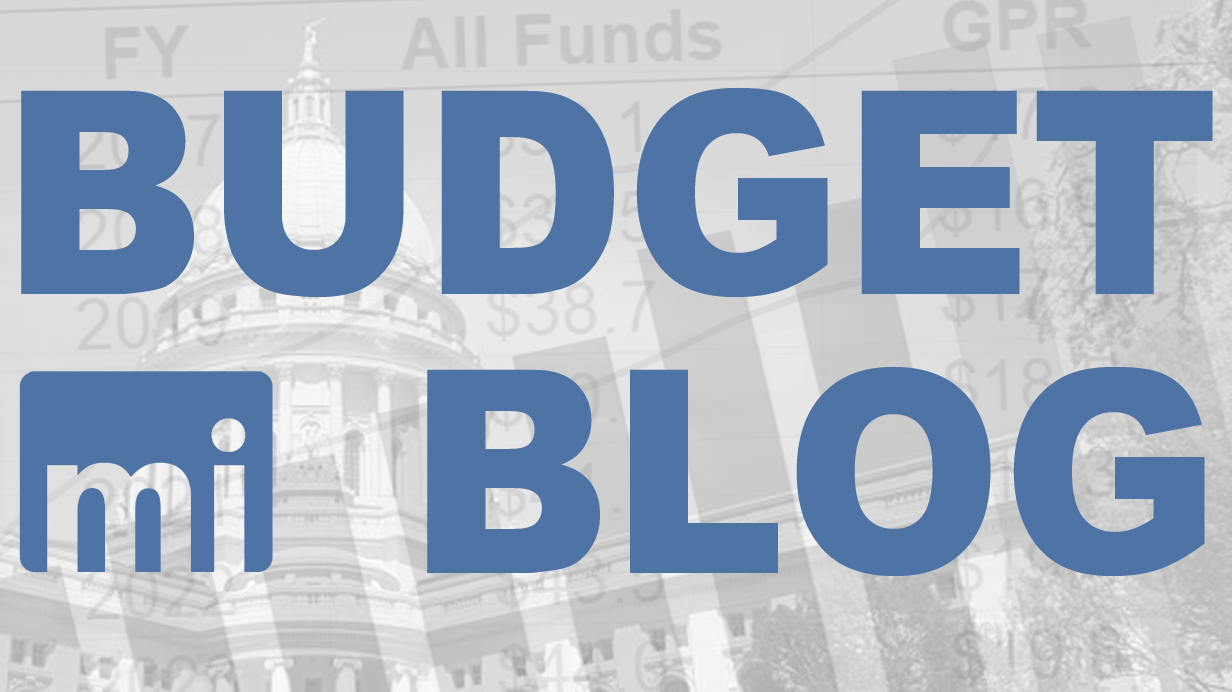
But with budget action stalled, tax relief is in a holding pattern.
Early in the year with news of our $7 billion budget surplus, we heard talk from legislative leaders that substantive tax relief was in the works. Speaker Vos set $3.4 billion as the floor, and Majority Leader LeMahieu introduced his own flat tax plan providing even bigger tax relief.
Since then, we’ve only heard about the historic investments (translation: record spending) that are eating up the surplus. A surplus, nearly $1,200 for every person in the state, that represents taxes collected over and above what is needed to run our thoroughly bloated state government.
But reports are that legislators are finally meeting to discuss a $3 billion tax cut. While it falls far short of what was possible, and well short of what was suggested a few months ago – it’s a relief to see something conservative emerging from the 2023-25 budget deliberations.
The Important Question: Is Evers At The Table?
If Evers isn’t working with the legislature on a tax cut, it’s not likely one is in the offing. While there’s a deal on the massive Milwaukee bailout and sales tax hike, as well as record shared revenue and education spending hikes – the legislature and governor have indicated no common ground on taxes. The governor seems to be feeling flush with his recent victories on spending; last week he indicated he would veto the entire budget over proposed cuts to the UW System. It’s not a good omen that he intends to be charitable to the legislature that’s helped him deliver on many of his top priorities.
Putting income tax cuts across brackets into the budget would make those cuts veto fodder without a deal with the governor who has remained steadfastly opposed cuts to the upper income brackets. There’s a risk (a certainty really) that Evers would veto out cuts to the upper brackets without a deal. The legislature could pass separate legislation, assuming they strike a deal between the houses, but a separate bill would be subject to a veto, something Evers has already shown himself perfectly willing to do with tax cut legislation from Republicans.
The question remains whether the Republicans can come up with a tax cut Evers will sign, or whether they’re content to make a gesture knowing it will be vetoed. That would guarantee this as the biggest Democrat budget victory in decades – record high spending, little to no tax relief, and money pouring into Milwaukee.
That’s likely to leave a bad taste in the mouths of their base who, if the straw poll results are any indication, are looking for more limited government. If legislative Republicans are going to deliver a even a little red meat to their base, they need to deal in Evers.
No Denying It: Wisconsin Governors Control The Budget Process
Spending under Governor Scott Walkers increased $10.7 billion, from $65.8 billion in 2009 to $76.5 in 2017.
This budget appears to be on track to increase spending in just this budget what it took Walker 4 budgets to do. In Evers’ three budgets, since spending seems to be on track to top $100 billion, spending will have increased $24 billion, from $76.5 in 2017.
The comparison speaks volumes about the overwhelming influence of the state’s governor on spending, even though we boast, often, of having the most powerful legislative budget-writing committee in the nation. Yet Walker kept legislative Republicans’ spending under control; Democrat Evers has spurred their spending to historic heights.
While the conservative mantra in Wisconsin used to be that they ‘spent less, borrowed less and taxed less’ than their liberal counterparts, today’s conservatives tout record spending on bigger government, failing schools, and capital projects; brag about outspending Evers on roads and PFAs; and approve bigger tax increases for Milwaukee than even the democrats proposed, and with no referendum required.
While some Republicans in Wisconsin have prioritized the permanent growth of state and local government with ‘historic’ spending increases, other states are prioritizing tax cuts. Nebraska just cut taxes $6 billion – nearly the amount of our surplus. Their population is about one-third Wisconsin’s; their budget is about one-quarter ours, and their tax cut is double the $3 billion being discussed here.
The record spending is losing the state some of the hard-won ground we gained over the past decade. Fiscal restraint, and a large tax cut to keep taxpayer money out of the hands of those who cannot exercise it, would be welcome.
